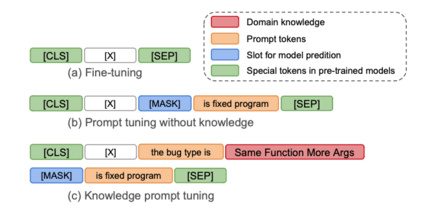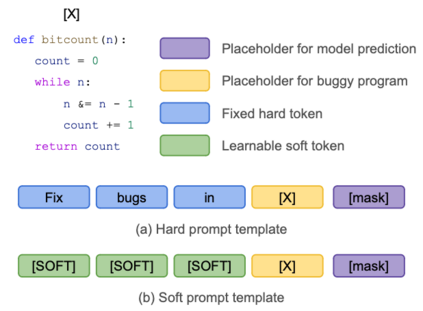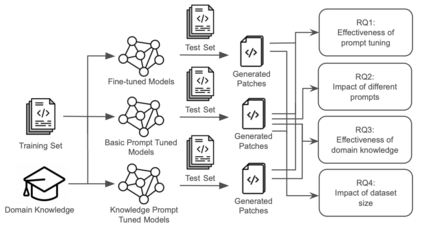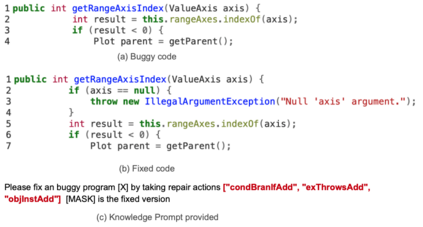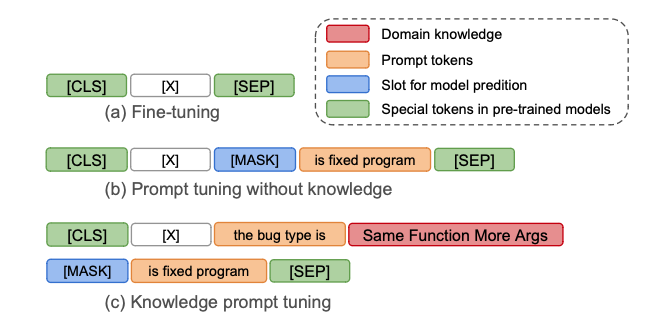Automated Program Repair (APR) aims to enhance software reliability by automatically generating bug-fixing patches. Recent work has improved the state-of-the-art of APR by fine-tuning pre-trained large language models (LLMs), such as CodeT5, for APR. However, the effectiveness of fine-tuning becomes weakened in data scarcity scenarios, and data scarcity can be a common issue in practice, limiting fine-tuning performance. To alleviate this limitation, this paper adapts prompt tuning for enhanced APR and conducts a comprehensive study to evaluate its effectiveness in data scarcity scenarios, using three LLMs of different sizes and six diverse datasets across four programming languages. Prompt tuning rewrites the input to a model by adding extra prompt tokens and tunes both the model and the prompts on a small dataset. These tokens provide task-specific knowledge that can improve the model for APR, which is especially critical in data scarcity scenarios. Moreover, domain knowledge has proven crucial in many code intelligence tasks, but existing studies fail to leverage domain knowledge during the prompt tuning for APR. To close this gap, we introduce knowledge prompt tuning, an approach that adapts prompt tuning with six distinct types of code- or bug-related domain knowledge for APR. Our work, to the best of our knowledge, is the first to adapt and evaluate prompt tuning and the effectiveness of code- or bug-related domain knowledge for APR, particularly under data scarcity settings. Our evaluation results demonstrate that prompt tuning with knowledge generally outperforms fine-tuning under various experimental settings, achieving an average improvement of 87.33% over fine-tuning in data scarcity scenarios.
翻译:暂无翻译

